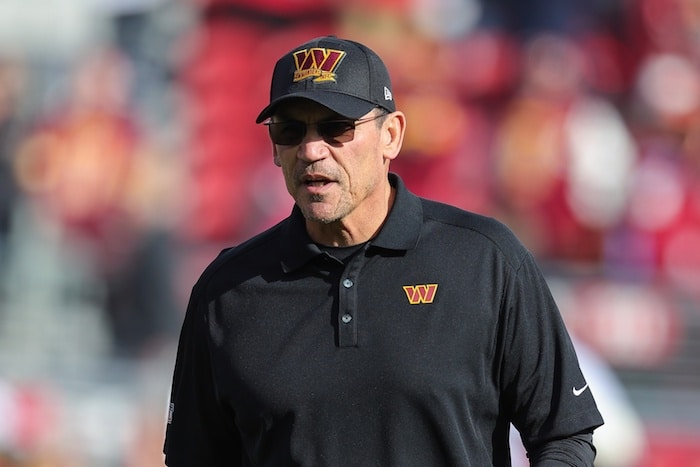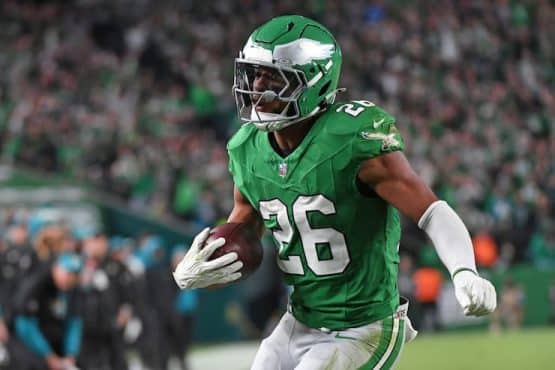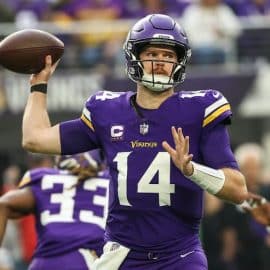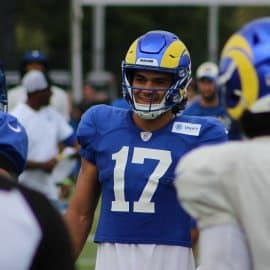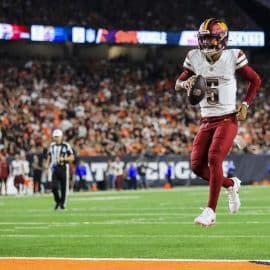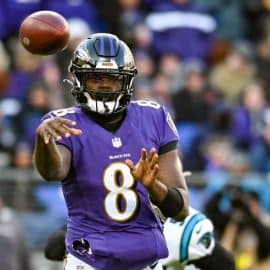Seemingly nothing is going right in Washington
Nearly a year and a half has passed since the Washington NFL franchise unveiled its new nickname, but the team still does not possess the trademark for “Commanders.” A recent report by trademark attorney Josh Gerben revealed that the U.S. Patent and Trademark Office (USPTO) denied the team’s request for the trademark. The USPTO cited two primary reasons for its decision, creating a roadblock for the franchise’s ownership of the Commander’s name.
What is the Legal Holdup?
One reason mentioned by the USPTO is the existence of the Commanders’ Classic, an annual college football game between Army and Air Force that commenced in 2021. The concern is that there may be confusion between the college football rivalry and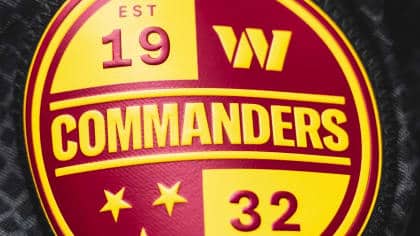
The second reason for the denial of the trademark is the presence of two pending trademark applications filed by a fan named Martin McCauley. McCaulay, a Washington, D.C., native, submitted applications for “Space Commanders” and “Wolf Commanders” in an attempt to guess the team’s new nickname before the official change to Commanders. These pending applications complicate the franchise’s acquisition of the Commander’s trademark. You have to tip your cap to McCauley who may wind up receiving a nice little payday for anticipating the name.
How Do They Solve the Issue?
Trademark attorney Josh Gerben explained that Washington’s franchise can argue that there is no likelihood of confusion between the Commanders’ Classic and their team, thus not infringing on the college football game’s ability to profit from the name. Alternatively, the team could explore options such as purchasing the rights to the name or negotiating a coexistence agreement.
According to an article by the BrownWinick Law Firm, a coexistence agreement offers more comprehensive protections and stipulations than a simple consent form, aiming to prevent trademark infringement and ensure the parties involved can use the name without conflicts. However, reaching such an agreement would require a court order or the willingness of the Commanders’ Classic organizers to allow concurrent use of the Commander’s trademark.
In regards to the pending trademark applications by McCaulay, he has previously stated through his attorney Darren Heitner that he has no intention of obstructing the franchise’s path to securing the Commander’s trademark. This stance offers some hope that the trademark issue could be resolved without significant legal complications.
While the Washington franchise may eventually attain ownership of the Commander’s trademark, it is likely to face delays compared to its original timeline. The process may involve addressing concerns related to the Commanders’ Classic and potentially negotiating with McCaulay or seeking a court order to secure the rights to the name.
Add The Sports Daily to your Google News Feed!
